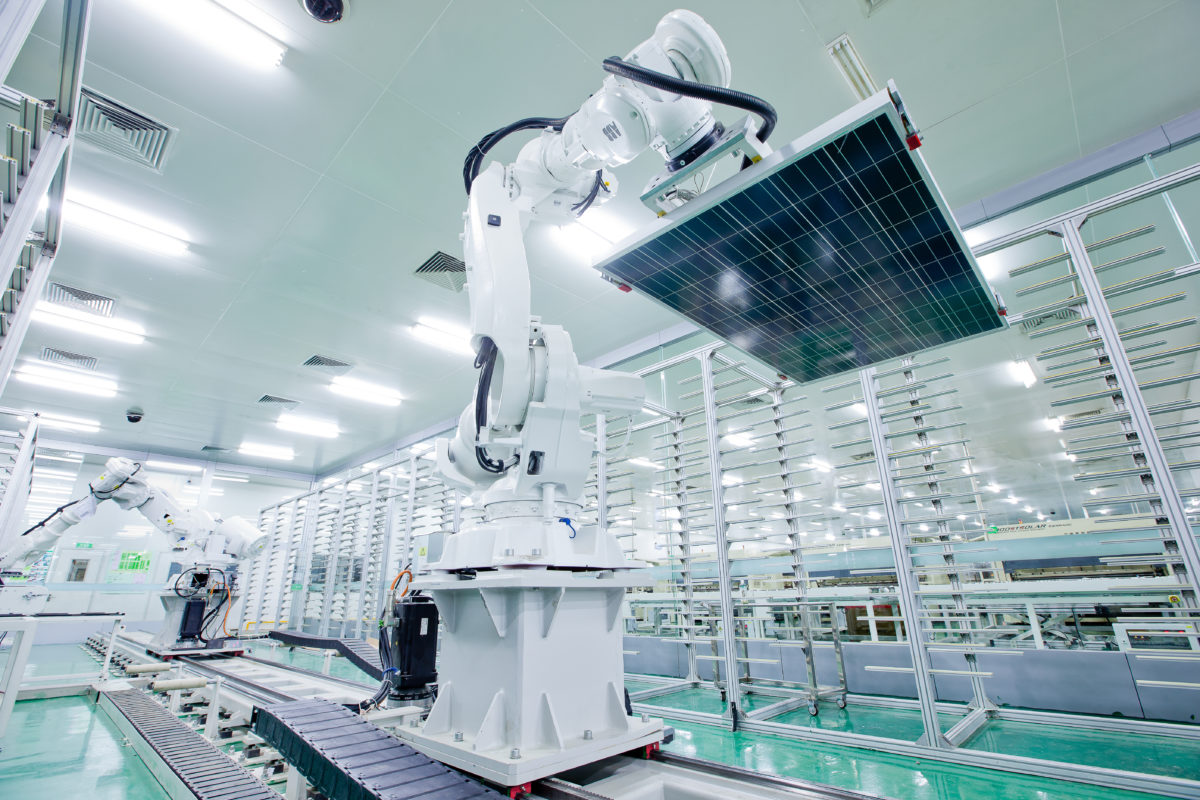Chinese solar module manufacturer Jinko Solar has categorically rejected allegations made by Korean rival Hanwha Q Cells that it has used Hanwha’s passivation technology on its own solar cells.
Jinko said it would take legal action to defend itself, its clients and partners from the accusations and says that it is confident its arguments will prevail in court. Among the legal options open to Jinko is the possibility of petitioning for the patents Hanwha Q Cells is claiming against to be ruled as invalid.
“Based on Jinko Solar’s preliminary analysis of Hanwha’s complaints and the asserted patents, the company believes that the complaints are without technical or legal merit,” Jinko said in a statement issued today.
Jinko added, the legal dispute is not expected to have any disruptive impact on its normal operations.
Yesterday, Hanwha Q Cells lodged a patent infringement lawsuit against Jinko and REC in Germany, and two more against the same companies plus Longi in the U.S. In the lawsuits, Hanwha claims its three rivals have used its patented solar cell passivation technology to increase the performance of their products.
This content is protected by copyright and may not be reused. If you want to cooperate with us and would like to reuse some of our content, please contact: editors@pv-magazine.com.




1 comment
By submitting this form you agree to pv magazine using your data for the purposes of publishing your comment.
Your personal data will only be disclosed or otherwise transmitted to third parties for the purposes of spam filtering or if this is necessary for technical maintenance of the website. Any other transfer to third parties will not take place unless this is justified on the basis of applicable data protection regulations or if pv magazine is legally obliged to do so.
You may revoke this consent at any time with effect for the future, in which case your personal data will be deleted immediately. Otherwise, your data will be deleted if pv magazine has processed your request or the purpose of data storage is fulfilled.
Further information on data privacy can be found in our Data Protection Policy.